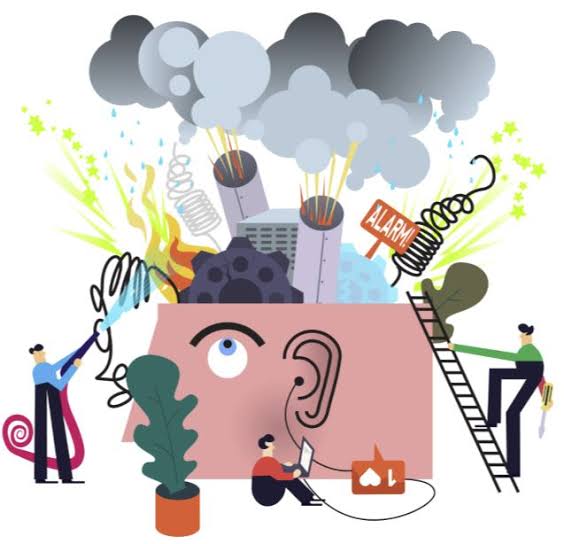#mentalhealth
#MentalHealthAwarenessMonth
#BarnumEffect 🧵🧵🧵
The Barnum effect refers to the tendency for individuals to accept vague or general statements as accurate descriptions of themselves.
#MentalHealthAwarenessMonth
#BarnumEffect 🧵🧵🧵
The Barnum effect refers to the tendency for individuals to accept vague or general statements as accurate descriptions of themselves.

🔮 It is named after P.T. Barnum, a showman known for making generalized statements that people believed were highly specific to them.
🔮 The Barnum effect is commonly observed in personality assessments, horoscopes, and fortune-telling scenarios.
🔮 People often overlook the fact that the statements provided to them are actually general and could apply to many other individuals.
🔮 The Barnum effect preys on common human desires, fears, or experiences to make individuals believe the statements are highly accurate.
🔮 Cognitive biases, such as confirmation bias and self-serving bias, contribute to the susceptibility to the Barnum effect.
🔮 Even when people are aware of the Barnum effect, they can still fall victim to it due to underlying desires and insecurities.
🔮 Numerous psychological studies have demonstrated the Barnum effect, where participants rate vague statements as highly accurate descriptions of themselves.
🔮 It is crucial to approach personality assessments and generalized statements with skepticism and critical thinking.
🔮 Developing self-awareness and engaging in deeper self-reflection can help individuals become more resistant to the Barnum effect and cultivate a more accurate understanding of themselves.
@threadreaderapp unroll
• • •
Missing some Tweet in this thread? You can try to
force a refresh

 Read on Twitter
Read on Twitter









